Whenever I have had to cancel a meeting with fellow faculty members or decline an invitation this year due to my hectic travel schedule, more than one colleague has asked me “how do you get to travel so much?“. Almost hinting at being envious at the privilege of how much academic-conference and workshop-related travel I do.
Truth be told, I am grateful for all the travel opportunities I have had this year. I have visited 9 countries in 6 months and did fieldwork at least in 6 of those (Japan, Canada, the US. Ireland, Portugal, Uruguay).
But I have also had to do a lot of work, to earn the privilege, to write the papers I’m presenting and to actually do the things I’m supposed to do there. Let’s not forget it, it IS work. Often constrained by the other commitments I have. I have traveled twice to Europe for 2-day workshops, literally only being away for four days (one for travel there, and one for travel back). I don’t practice “academic tourism”. I’ve traveled enough of the world to not need to do it using the excuse of doing scientific or scholarly work.
In fact, doing all the travel I did this year created more challenges for me than if I had stayed in Mexico. Yes, there were amazing opportunities, of course. But all this travel has downsides. The time that is lost before, during and after travel. Adjusting to time-zone changes. Falling behind on stuff you are normally on top of. All this travel has taken a toll on my health. I travelled to Lisbon sick, got even sicker after the London-Lisbon flight and missed the first part of the workshop sleeping trying to get healthy so I could give two talks and comment a paper.
This isn’t life.
I have learned my lesson from all the travel I did in 2013 and next year I am privileging fieldwork- and family-related travel. Like a wise professor told me, “I won’t stop traveling but I will reduce it and travel more wisely“.
I don’t regret any of the trips I did for work this year. Not even the Lisbon one. In all of the workshops I’ve done I have gotten great feedback, new ideas. I have explored new sites for fieldwork and conducted preliminary interviews. And yes I’ve gotten to practice other languages and seen beautiful places.
The one aspect I’m more thrilled about all the travel I did is the broad range of new possibilities for comparative work. I did enough fieldwork in South America, Asia and Europe that I have chosen new sites for more in-depth analysis. Couldn’t ask for more. But there are still negative effects.
Beyond the health issues, my carbon footprint is terrible. Think about it: I’m a professor of environmental politics and I travel the world using one of the most polluting modes of travel. Talk about counterintuitive. I do buy carbon offsets but still there’s so much more to do.
I’m going to pick-and-choose my conferences very wisely this year. And I’m going to clearly assess the potential negative impacts of participating in a conference or workshop, not only from the viewpoint of a carbon footprint but more so from the perspective of staying healthy. This will necessarily mean that I won’t be doing the travel I did this year, but there will be other forms of disseminating my work and getting feedback. And as I said, my travel in 2014 will be focused more on fieldwork, and on family-related matters.
I should also add: I’m planning to travel for holidays more in 2014. I work very hard, and I’ve earned my vacation time.
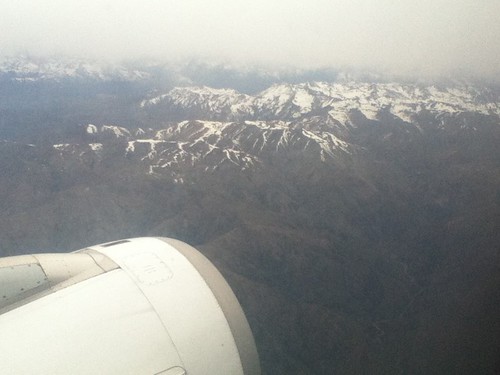
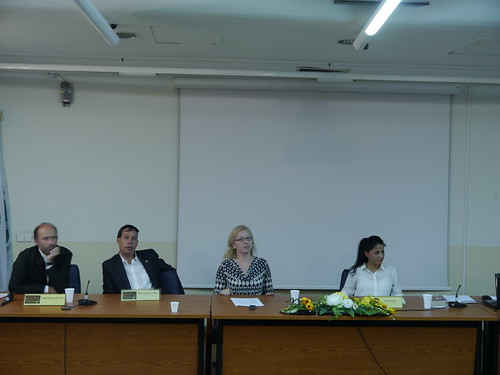
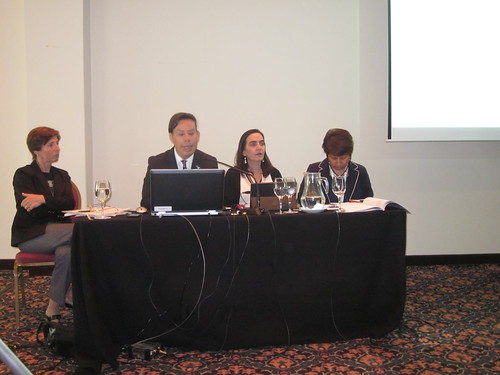
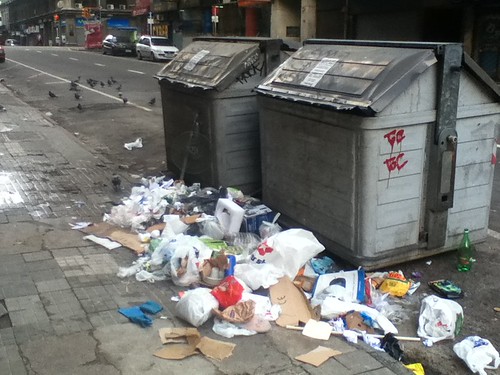
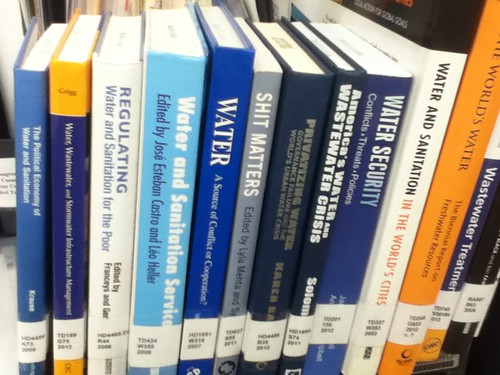
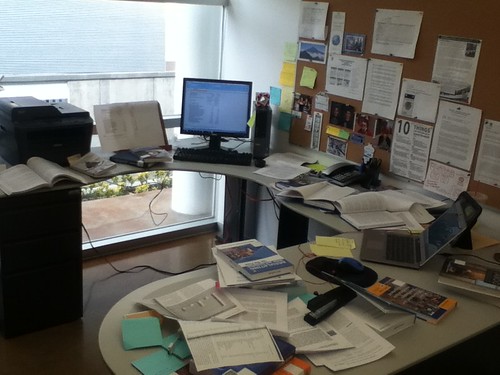
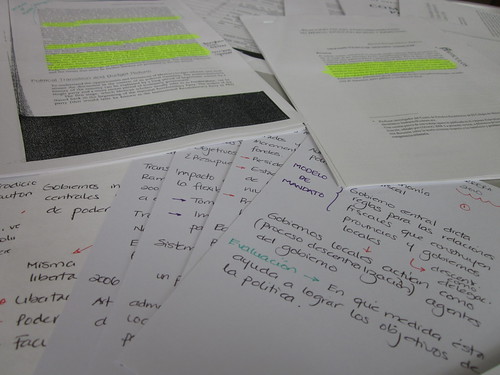
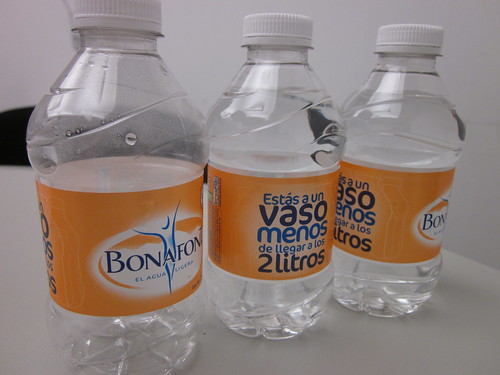
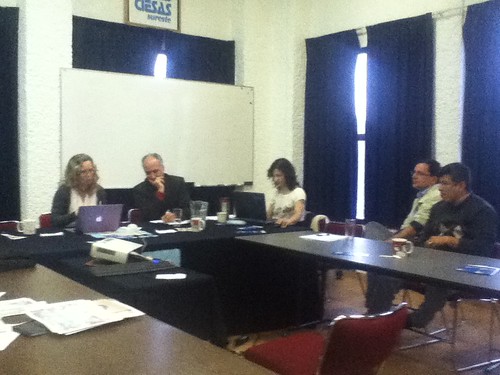

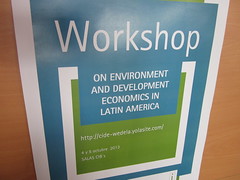
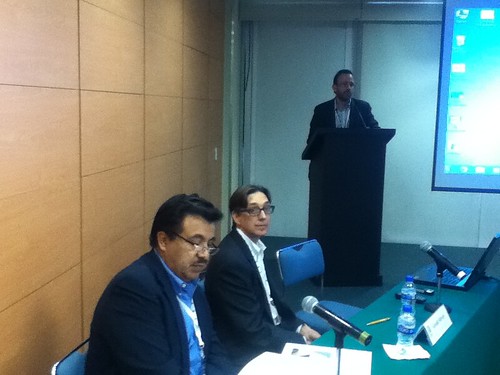
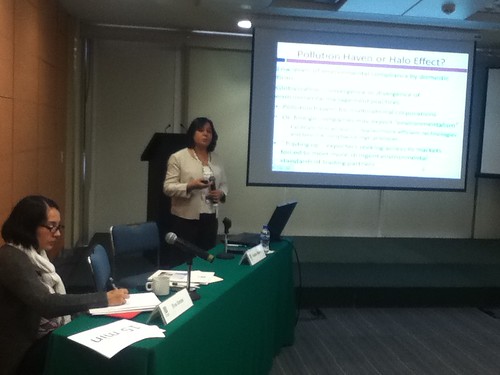
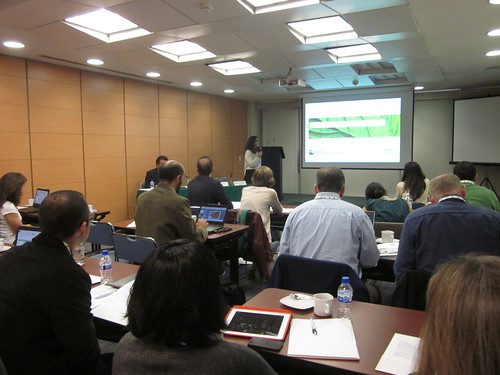
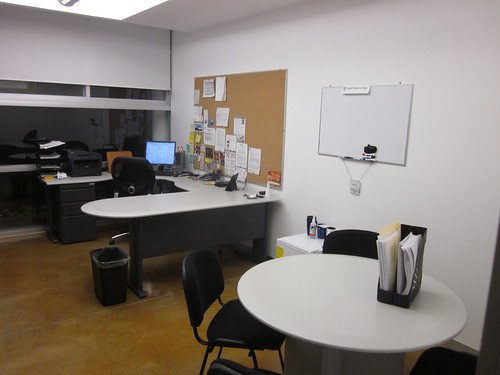
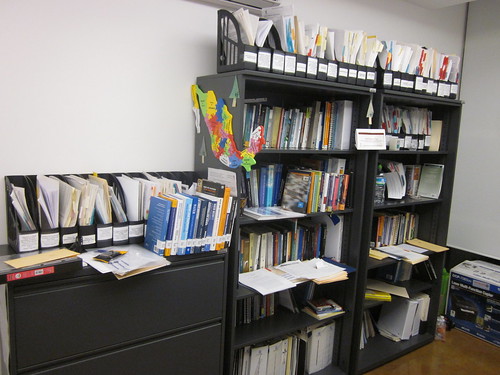
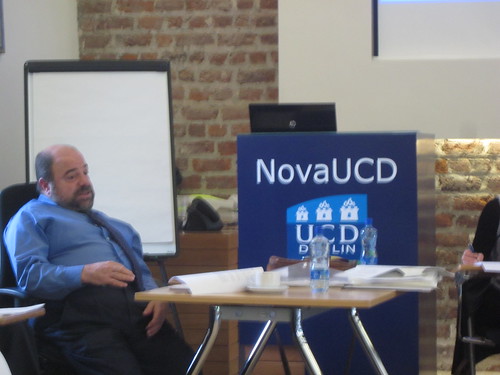



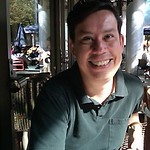






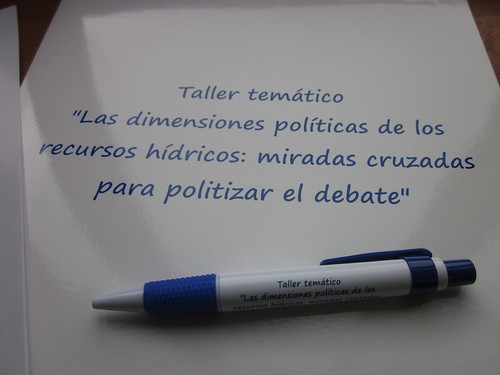
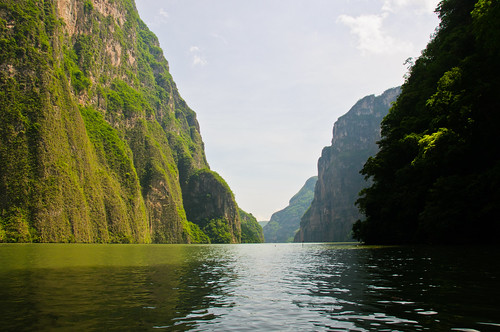
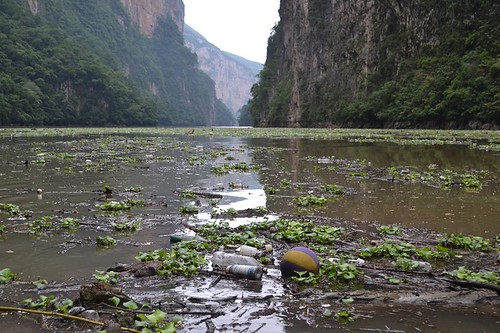
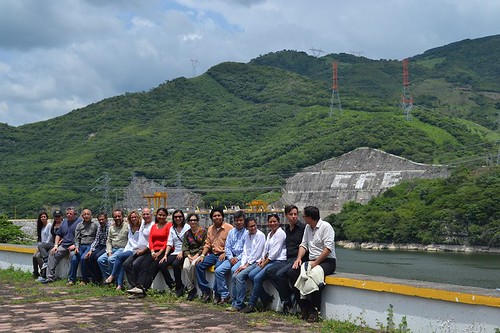
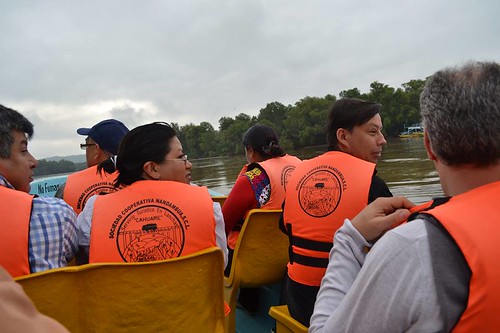
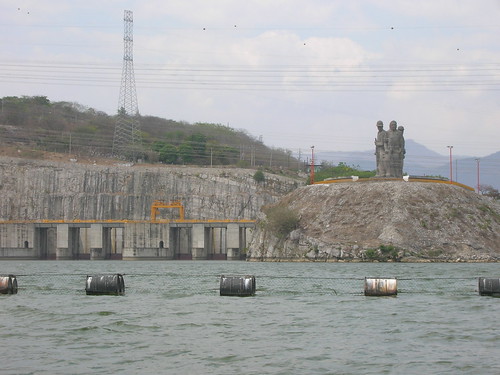
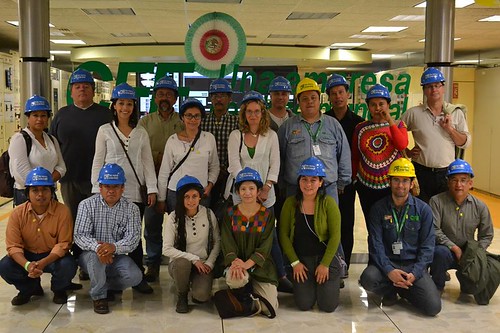

Recent Comments